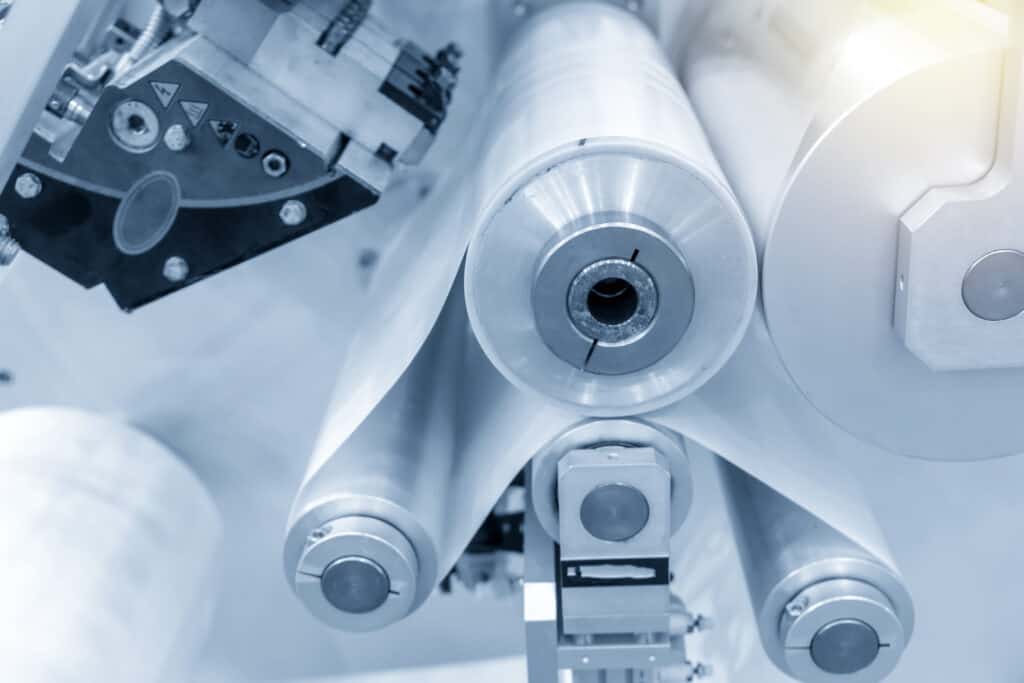May 5, 2023
UK Gov Suggests Alterations to Plastic Packaging Tax to Promote Chemical Recycling

The UK government has declared its intention to hold a consultation on amending the Plastic Packaging Tax (PPT) to incentivise investment in chemical recycling.
Mass Balance Approach: A Game-Changer for UK Recycling?
The consultation aims to gather opinions on whether a “mass balance approach” should be permitted for determining the percentage of recycled content in chemically recycled plastics for the PPT. The government states that the consultation will be initiated later in the year (2023).
In its announcement, HM Treasury explained that a “mass balance approach” for PPT is a method used to calculate the recycled content in packaging created from chemically recycled plastic, which can then contribute towards the 30% recycled content threshold above which no tax is owed.
Chemical recycling involves breaking down plastic waste to a molecular level, generating feedstock that can be used to manufacture new plastic.
The UK government asserts that chemical recycling “can offer a complementary route for plastic waste which can’t be mechanically recycled, reducing amounts going to incineration or landfill. It can also produce a higher quality of recycled plastic.”
The Chartered Institution of Wastes Management (CIWM) expressed its approval of the UK government’s announcement that a consultation on amending the PPT to support investment in chemical recycling will be launched. It also committed to submitting a comprehensive response following discussions with its members.
Industry Reaction to PPT Consultation
Reacting to the announcement, the British Plastics Federation (BPF) remarked: “The BPF is pleased to see the government announce that it will be launching a consultation on allowing mass balance to be a method for calculating recycled content within the PPT. However, we are calling on the government to release this consultation imminently.
“Mass balance methodology is the only chain of custody method that will enable the chemical recycling industry to grow, which will in turn maximise the amount of plastic the UK is able to recycle. The lack of clarity to date has prevented companies from investing in the UK and some have looked elsewhere to build facilities.”
The proposed changes to the PPT come as part of the government’s broader efforts to address plastic waste and increase recycling rates. Chemical recycling offers a supplementary route for plastic waste that cannot be mechanically recycled, potentially reducing the amounts of plastic waste directed to landfill or incineration.
Furthermore, chemical recycling can yield a higher quality of recycled plastic, contributing to a more sustainable and circular economy. With the mass balance approach, the chemical recycling industry could experience significant growth, maximising the volume of the UK’s plastic waste that gets recycled.
The BPF emphasises the importance of releasing the consultation promptly, as the absence of clear guidelines has deterred companies from investing in the UK’s chemical recycling sector. By enabling the mass balance methodology, the UK government can foster a supportive environment for the growth of this crucial industry.
Investment in Recycling Infrastructure: Key to a Sustainable Future
Ultimately, substantial investment in recycling infrastructure is necessary for the UK to increase its recycling rates and achieve its net zero carbon goal by 2050. The forthcoming consultation on the Plastic Packaging Tax reform represents a significant step towards realising these objectives, ensuring a more sustainable future for the nation.





